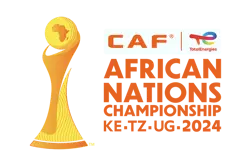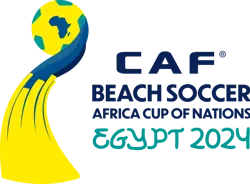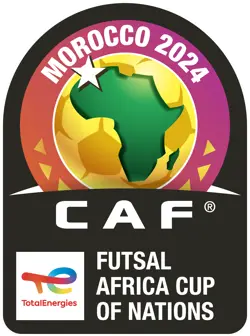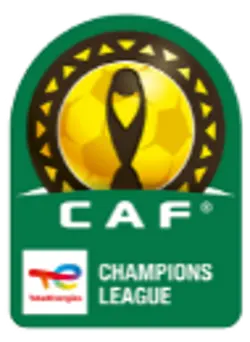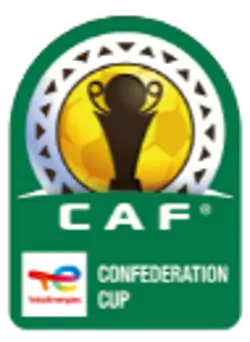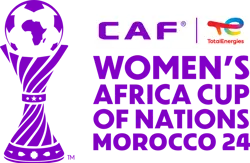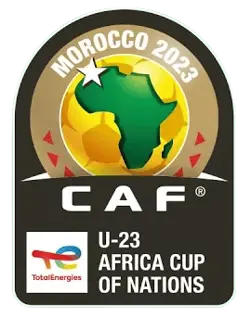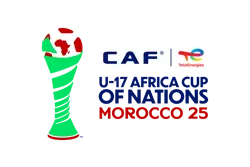Meskerem Tadesse Goshime: "The objective is to maintain the positive momentum that women's football has generated"
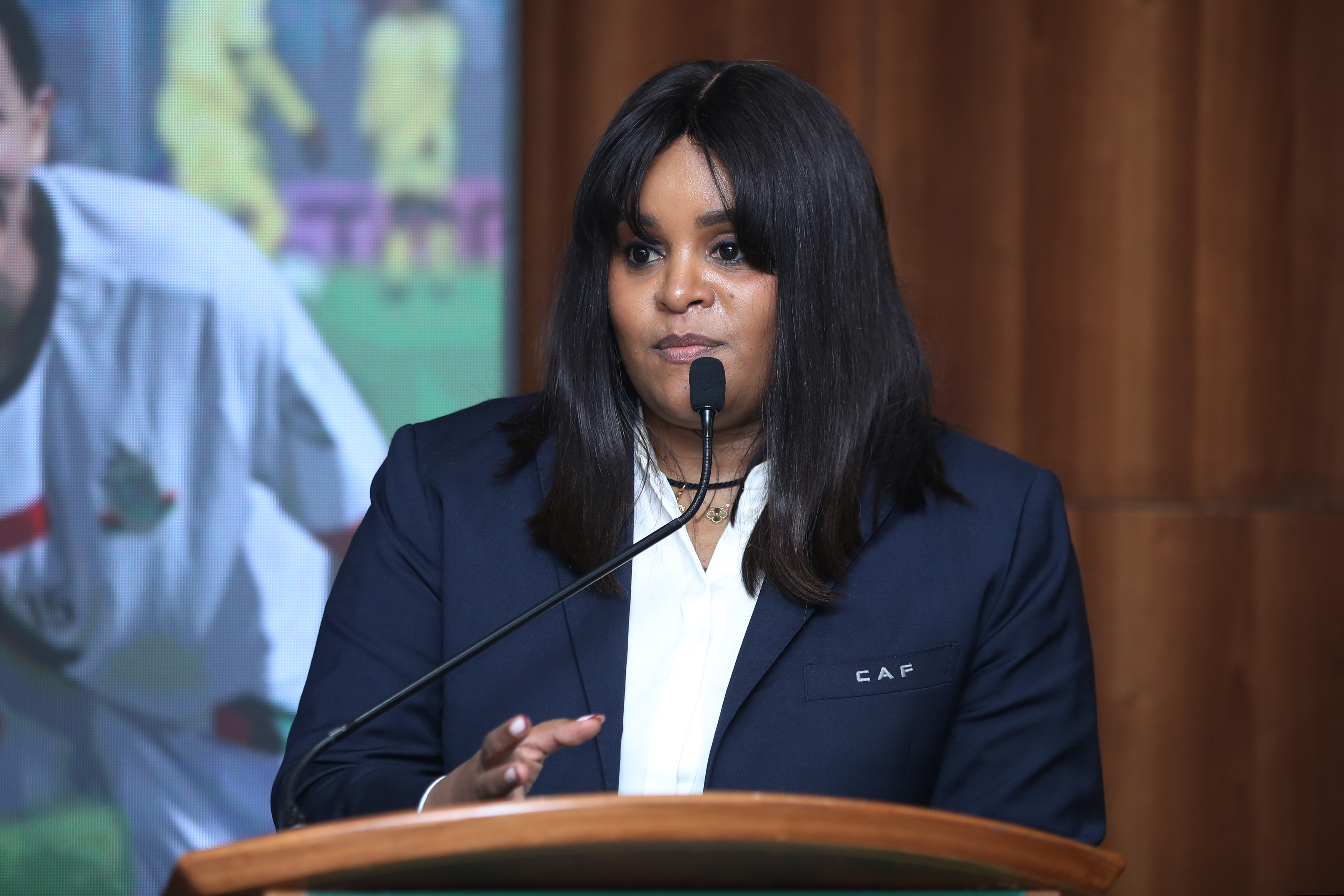
Throughout the month of March, Cafonline.com will highlight female figures who are helping shape African football.
In line with its strategic plan for women’s football development in Africa, CAF is deploying strategic initiatives aimed at improving the competitiveness and visibility of players across the continent.
The GIFT (Girls Integrated Football Tournament), CAF Women's Champions League and the evolution of the TotalEnergies CAF Women's African Cup of Nations are all projects that illustrate CAF's commitment to supporting young talents.
At the center of these projects is Meskerem Tadesse Goshime, who is in charge of the development of women's football at CAF. Since taking the reins of this department, Goshime has played a key role in the evolution of women's football in Africa, having initiated several programs intended to strengthen visibility and opportunities for young talents.
Madam Meskerem Tadesse Goshime, CAF has recently launched several initiatives for the development of women's football, such as the GIFT tournament. What are the main objectives of this initiative, and how do you hope it will transform women's football in Africa?
The CAF U-17 Girls' Initiative for Football Talent (GIFT) is a key program designed to identify and develop young female football talent across Africa. This initiative provides a crucial platform for girls to showcase their skills, fostering the growth of women’s football from the grassroots level. It aligns with CAF’s broader strategy to increase participation in girls in football and ensure that young players have access to the support and development opportunities they need to progress in the sport.
The U-17 GIFT initiative focuses on creating pathways for young girls to transition from amateur football to competitive club and national team structures. By investing in Under-17 girl’s tournament and encouraging MAs and clubs to build youth football programs, CAF is committed to ensuring that talented young female players have the opportunity to rise through the ranks and reach their full potential.
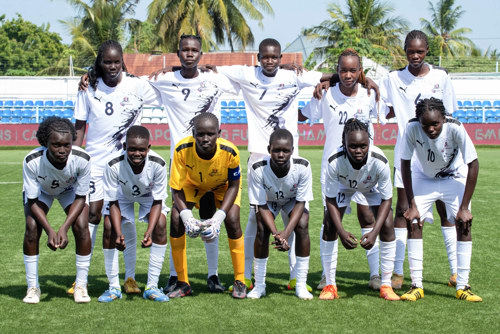
This program plays a vital role in empowering the next generation of female footballers, contributing to the long-term sustainability and success of women’s football in Africa.
At the heart of this initiatives lies our core objective: the growth and development of the game. This is outlined in the CAF President's action points, which emphasize the importance of women’s football as a key pillar of African football's future
All our initiatives are designed with a clear and specific focus on long-term development. We work on improving the professionalisation of the elite game, introducing more development programs, and competitions, as well as expanding grassroots efforts to get more girls involved in football from an early age. By increasing the visibility and credibility of women’s football, we also strive to encourage investment in the game, which will, in turn, lead to enhanced player development and the creation of more sustainable career pathways.
The CAF Women's Champions League is gradually establishing itself as a major competition. What is your assessment of the previous editions and what areas of improvement do you envision?
With the launch of the CAF Women’s Champions League (WCL) in 2021, CAF has made significant strides in enhancing the landscape of women’s club football across Africa. The WCL has quickly become a cornerstone of the women's game, providing a vital platform to showcase the talent and potential of clubs from all corners of the continent. This competition is more than just an opportunity for clubs to compete at the highest level; it plays a crucial role in driving the growth and professionalization of women’s football in Africa.
As the CAF WCL has evolved, we have witnessed an increase in the team’s level of competitiveness from season to season, with clubs continuously raising their performance standards. The league has not only elevated the game but has also contributed to the overall development of women’s football by creating a high-profile competitive environment. This, in turn, has attracted new fans and investment, helping to strengthen the financial and operational foundations of women’s football in Africa.
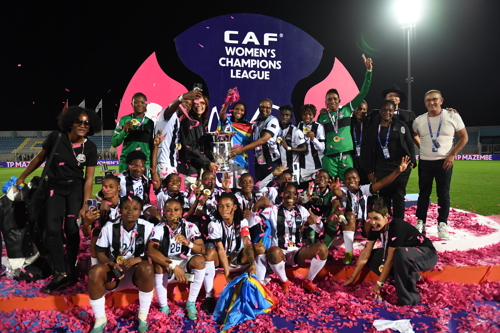
Moreover, the WCL has proven to be an invaluable platform for player exposure. Many of our top players have been scouted by international clubs, leading to opportunities to play at the global level. We can mention the recent transfer of Congolese star Merveille Kanjinga from TP Mazembe to PSG. Thus, the competition has acted as a springboard for African players to showcase their skills on the world stage, raising the profile of African women’s football and contributing to the global talent pool.
How does CAF work with clubs and federations to ensure better development of this competition?
With the launch of the CAF Women’s Champions League (WCL) in 2021, CAF has also introduced the first-ever women’s club licensing regulations, which are instrumental in the professionalization of the women’s game. These regulations are designed to ensure that clubs operate with the highest standards, fostering a more structured and sustainable environment for women’s football across the continent.
In collaboration with the CAF Professional Football Development Department, we have been consistently organizing workshops for women’s club administrators. These workshops aim to enhance the knowledge and skills of club officials, empowering them to manage their clubs more effectively and professionally. By building the administrative capacity of women’s clubs, we are contributing to the long-term sustainability and growth of the sport.

A focus on sustainable club development will create an environment where girls can consistently play football and progress in their careers. This stability is essential for raising the competitiveness of the women’s game, enabling players to continuously improve their skills and increase their success rate in both domestic and international competitions.
The Women's Africa Cup of Nations has seen significant evolution in recent years. How is CAF working to strengthen this competition and give it even more visibility?
The 2022 WAFCON marked a significant milestone in the growth of women’s football in Africa, with noticeable increases in fan engagement and media coverage. The introduction of the women’s football logo and brand identity has been a game-changer, giving the women’s game its own distinct voice, look, and feel. This branding effort has fostered a sense of belonging among all stakeholders, from players and coaches to fans and sponsors, further elevating the profile of women’s football across the continent.
CAF's decision to increase the number of teams in the WAFCON final from 8 to 12 was a key development in this success. By allowing more teams to participate in the tournament, CAF not only broadened the competition but also created more opportunities for players across the continent. This expansion has played a crucial role in generating greater public interest, as it gives more nations a chance to showcase their talent on the continental stage. As a result, the tournament has attracted a larger fanbase, with more supporters tuning in to follow their teams, which has significantly impacted the visibility and popularity of the women’s game.

Through close collaboration between the CAF Communications and Digital teams, CAF has developed impactful documentaries and content that have further enhanced the visibility of the WAFCON and its players. This content, paired with increased social media and communication engagement, has played a pivotal role in attracting widespread attention to the women’s game. As a result, the tournament and its participants have gained significant recognition, contributing to the growing popularity and support for women’s football in Africa.
At the last Women's World Cup, African teams showed remarkable progress (Morocco, Nigeria, and South Africa in the round of 16). What lessons do you draw from these performances and how does CAF support the teams to continue this momentum?
One key takeaway from our experience is that even a modest investment can have a significant impact on the development of women’s football. The success of teams across Africa has largely been driven by the commitment of their respective Member Associations (MAs) to invest in the women’s game. This investment has not only enhanced the quality of play but also built a foundation for long-term growth.
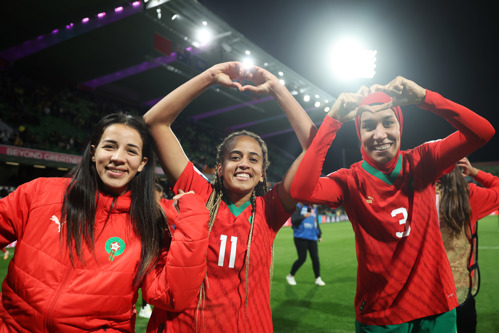
The introduction of the CAF Women’s Champions League (WCL) has been instrumental in providing local players with a strong international presence at the continental level. This competition has empowered African teams to showcase their talent and compete on equal footing with global teams, reducing the dependency on European or other international experiences. The recent performances of teams like Morocco and South Africa exemplify this shift, with both nations demonstrating remarkable success on the continental stage.
CAF has also supported teams that participated in the FIFA Women's World Cup (WWC) 2023 by providing them with specialized resources to enhance their preparation. This support included the hiring of performance coaches, such as physical trainers and team analysts, to refine players' fitness and tactics. Additionally, CAF facilitated a platform that provided match data and analytical insights, allowing teams to prepare more effectively for their respective opponents and gain a competitive edge.
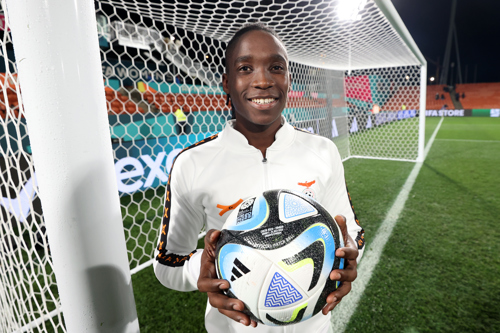
Women's football in Africa is expanding rapidly. What are CAF's next major projects to continue structuring and professionalizing the discipline?
For CAF, the focus remains on sustaining the positive momentum we’ve built in women’s football. Achieving long-term sustainability and increasing professionalism in the women’s game is paramount. We are committed to providing continued support to Member Associations (MAs) and leagues to ensure the development of a regular women domestic leagues across the continent.
With the minimum standards established through our club licensing regulations, CAF is committed to ensuring that the women’s elite game is not only professionalized but also safe and secure. Our goal is to provide an environment where young players can train and compete in a comfortable, supportive setting, which is essential for their development and success.
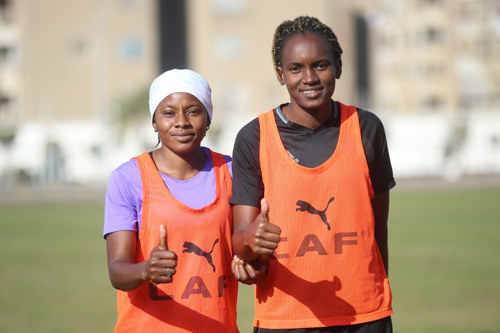
To further strengthen the development pipeline, we will introduce more development tournaments like the CAF U-17 GIFT, giving young female players the opportunity to compete internationally and sharpen their skills. These tournaments will serve as a crucial platform for talent development and for building competitive experience at an early stage.
Additionally, we will focus on providing more capacity-building and knowledge exchange opportunities for female coaches, referees, and administrators. By equipping these key stakeholders with the expertise they need, we aim to ensure that the game is led by experienced and knowledgeable professionals who can contribute to its growth and success.
What message would you like to convey to young girls aspiring to a career in football, whether as players, coaches, or leaders?
To all the young girls who love football and aspire to join the game, know this: there is a place for you in football. The opportunities within the sport extend far beyond just playing; from administrative roles to coaching, refereeing, and leadership positions, women have a vital role to play at every level of football.
We’ve already seen African players breaking transfer market records in the women’s game—historical milestones that have changed the landscape of African football. Additionally, we’ve witnessed an African woman leading the world’s governing body of football, a groundbreaking achievement that proves anything is possible. So, why not make history yourself?
If you have a passion for football, follow it. Whether you dream of playing, coaching, or taking on roles like media officer, administrator, club owner or Secretary General, the football world has a place for you. Don't shy away from your passion—embrace it, pursue it, and find your place in football.

